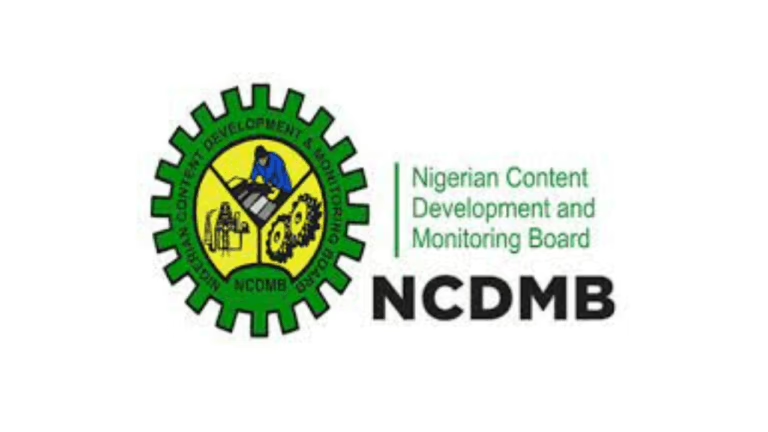Engr. Felix Omatsola Ogbe, Executive Secretary of the Nigerian Content Development and Monitoring Board (NCDMB), emphasized that Africa holds immense potential to generate wealth through collaborative efforts. He highlighted that the continent’s abundant natural resources can drive sustainable economic growth and significantly reduce poverty levels.
Ogbe noted that Africa possesses over 10% of the world’s crude oil reserves and approximately 8% of proven natural gas deposits. Additionally, the continent is rich in essential materials vital for renewable energy technologies.
He stressed that Africa’s oil and gas assets should be leveraged to boost intra-continental trade, industrial growth, value addition, and overall prosperity. Ogbe lamented the prevailing trend where many African nations export raw commodities to developed countries, while intra-African trade remains minimal.
These insights were shared during his keynote at the Africa Content Forum, part of the 2025 Africa Oil Week held in Accra, Ghana.
Represented by Dr. Abdulmalik Halilu, Director of Corporate Services, Ogbe underscored that no single African country can fully harness its local content potential or effectively support its oil and gas sector without fostering strong partnerships with neighboring nations.
He advocated for enhanced cooperation among African oil and gas producing countries as a vital strategy to ensure the continent’s oil industry develops sustainably.
Addressing the importance of expanding local content initiatives beyond national borders, Ogbe called for a robust policy framework encompassing governance, enforcement mechanisms, human capital development, and cross-border workforce mobility. He emphasized that rewarding innovation and technology advancement is crucial, as local content policies lacking research and development will stagnate.
On the topic of cross-border collaboration, Ogbe remarked, “Africa’s diverse expertise is its greatest asset when united. Much like how a Boeing or Airbus aircraft is assembled from parts sourced globally, Africa can cultivate a prosperous energy sector by specializing in different areas and trading among its countries, each focusing on its comparative strengths.”
He also urged a shift in perspective, moving away from viewing local content as merely a social responsibility, towards recognizing it as a means to retain capital within African borders and build technological and industrial capabilities that can compete internationally.
“Our goal should be to establish an African energy sector that is owned, managed, and sustained by Africans-a sector that generates employment for our youth, creates wealth for our nations, and fosters genuine prosperity across the continent,” Ogbe concluded.
The forum featured four panel discussions attended by policymakers, oil and gas operators, service providers, original equipment manufacturers (OEMs), and stakeholders from across Africa and beyond.
The opening session explored strategies to enhance African content, with panelists advocating for intentional planning, robust policy frameworks, and bold initiatives that prioritize African-driven solutions for the continent’s development.
The second panel delved into the continent’s capacity and expertise, while the third focused on cross-border projects and knowledge sharing. Participants highlighted the transformative power of partnerships, the need to dismantle silos, and the benefits of exchanging best practices to accelerate growth across African markets.
The final session, moderated by Dr. Obinna Ezeobi, General Manager of Corporate Communications at NCDMB, concentrated on financing African content initiatives.

















